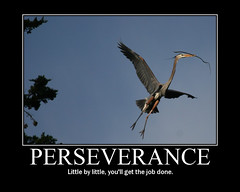Writing a book can be a long process. It’s easy to get discouraged or just plain bored before you reach “The End.”
 For me, one of the big things that keeps me going is what Holly Lisle calls “candy bar” scenes:
For me, one of the big things that keeps me going is what Holly Lisle calls “candy bar” scenes:
First, let me define a “candy-bar” scene. It’s one that you’re just itching to write — something sweet enough that you can dangle it on a stick in front of yourself so that you can say, “When I’ve done these next three chapters, I’ll get to write that one.” . . .
Make sure your candy-bar scenes are spread out through the book, not all clumped together. Write down a single sentence for each of them. Don’t allow yourself to do anymore than that, or you’ll lose the impetus to move through the intervening scenes.
Holly Lisle also advises writing the ending first (so you have the goal in mind), writing about people you want to spend time with (because, hey, you’re going to be spending a lot of time with them in the writing process, and you want your readers to want to spend time with them, too), using an outline, and allowing yourself to be surprised. I’ve tried and loved all of those things except writing the ending first (meaning I haven’t tried it, though I might).
What do you think? How do you keep going until you reach “The End”?
Image by Emily Hoyer

